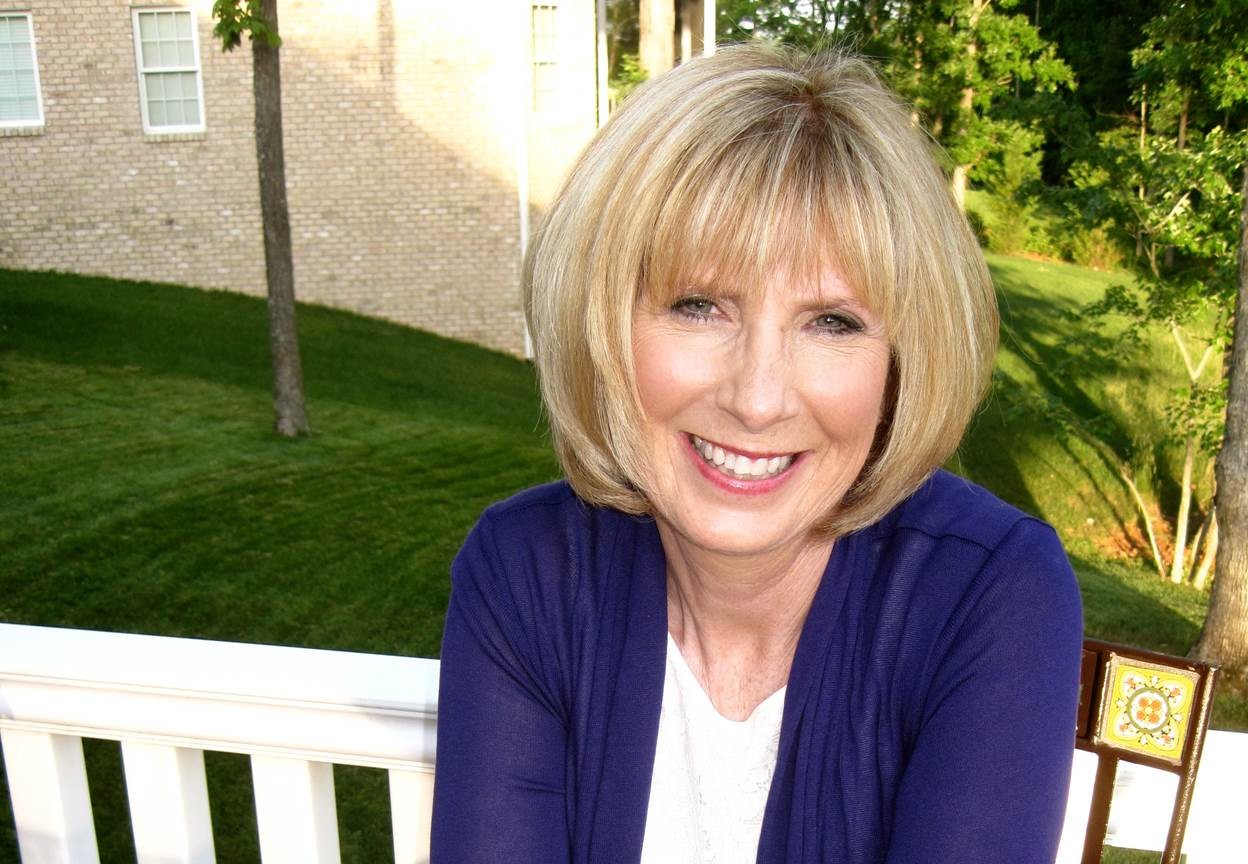Two adult sisters sat in my therapy office. They hadn’t spoken to each other for over 6 months due to a conflict that began when their mom died. What quickly became evident was that they were stuck in old patterns of relating to each other as kids. Their complicated history was playing out before my eyes in adult time. They were behaving as if they were back in their old childhood roles. The 9-year-old sister was seeking validation from her 11-year-old sibling. “You never…” “Mom favored you…” Years of pent up feelings were spilling out. And the older sister was not going to give her that sought-after validation.
Much of what seemed present moment was really rooted in the past. Unresolved interpersonal feelings have a way of reappearing during family crises. In part, this is because siblings grow up in the same family, but may have very different experiences. And typically, there is little understanding of what the other sibling experienced that was different.
Same family, two different experiences
Thus, a good starting point is to discuss (with a listening ear) a difficult memory. How did your sibling experience that event? As adults, you can discuss memories that may have created hurt. Talking about those experiences from an adult perspective can be enlightening. It may even result in an apology. And it could lead to making amends. Once you realize your perspectives may be different despite growing up in the same household, you build empathy.
Regressing to former roles
Second, realize that when you are with your adult sibling, you often regress to old family pattern. With awareness, you can change this. You are now an adult and can react differently to stress and conflict. You don’t have to become 11-years-old again. To change the pattern, think how you currently respond to a boss, co-worker, or adult friends. What is different? Do you need to employ those grown-up relationship skills to your siblings? Doing so can change the old pattern. And learning to recognize those old patterns helps to change them. For example, you might say, “I am acting like dad’s favorite right now. I know how much that bothered you growing up. Sorry.”
Make amends
I mentioned how revisiting past stories can bring up old hurts. Saying, “I had no idea you felt that way” goes a long way. As hard as it is, revisiting long-standing conflict in order to resolve it will improve present day relationships. In some cases, a sibling may need additional help to overcome the impact of early wounds–a sibling who didn’t protect her from abuse, a sibling who verbally abused you because he or she was being abused, etc. The root of those behaviors needs to be explored and healed. We are heavily influenced by how our original families treated us, but we don’t have to stay stuck in those patterns.
Sometimes, siblings won’t make amends. Then you do the hard work of loving them as Christ would–unconditionally. In some cases, you may not become close but might be able to at least bury the hatchet. Forgive generously and extend grace. Don’t wait for the other person to begin the process. And if your efforts to reconcile fail and the sibling is acting out, put on boundaries. You are no longer that helpless child.
Agree on how to move forward
If you can make the repair needed, look forward. How can you interact now as adults and stay connected? What common ground do you have? What can you agree on to stay connected– an occasional call, dinner together, support for other family members, etc.? Can you agree to avoid painful touch points? We all know we don’t choose our family members? But God chose them and put us in those relationships. Healing comes when you do the hard things Jesus instructed us to do…love our enemies, pray for those who spitefully use us, bless those who curse us, and forgive even when forgives isn’t sought. When you do these things, you will be at peace even if the other person is not.
Love unconditionally
Look, there can be lots of drama in families among the siblings. At the end of the day, the love of Christ must prevail. In the words of my mom, ” I know some of my siblings are a little crazy at times, but they are family.” When times get tough, love takes over. We share life together and know each other well. So, while I could list all the flaws of each family member, I choose love, instead. At times, this love is challenging because there is hurt involved. But working through the hurt alone or together, I want my siblings in my life. And that is a decision we each have to make.





